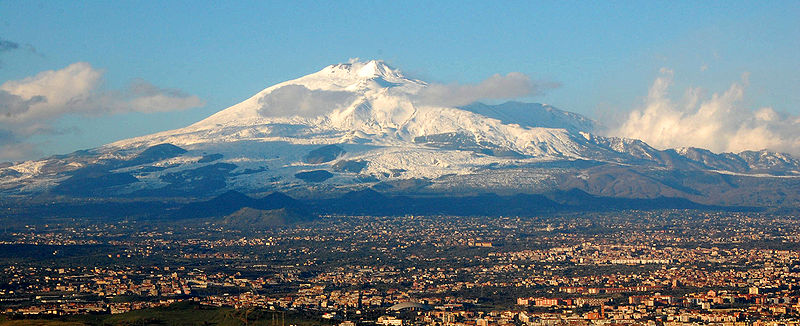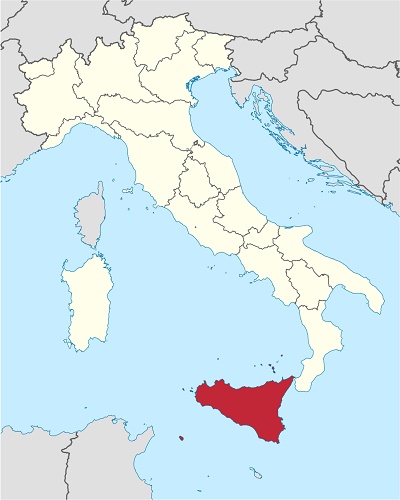Catarratto (Italy)
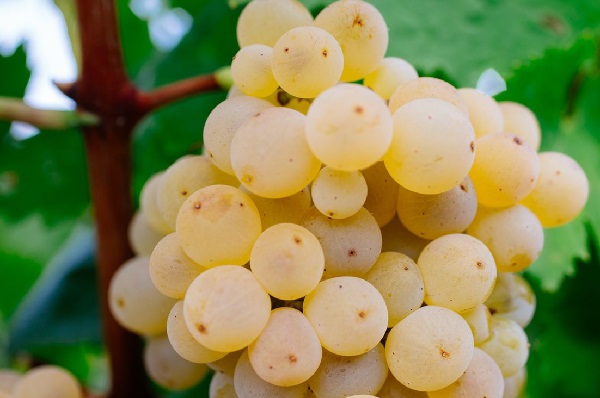
Catarratto is the most planted grape in Sicilia.
Catarratto Flavors
Citrus and Flowers (Orange Zest and Citrus Blossoms), Grapefruit and Passion Fruit are typical Catarratto aromas.
With notes of Herbs, Sweet Spices, and a nice Salinity and a slightly bitter Mineral finish.
Lemon |
Flowers |
Orange Zest |
Grapefruit |
Passion Fruit |
Herbs |
Spices |
Salt |
About Catarratto
In Sicily, Catarratto makes up about 60% of the total vineyard area, and over-production has sometimes been a problem.
Catarratto is not a high quality wine grape. It has a neutral taste and low acidity, and is often regarded as a blending grape, or an ingredient in Marsala wines.
But the grape can produce both light and easy-drinking wines, as well as full bodied wines, and dedicated producers can produce interesting fruty wines with crisp lemon flavors.
Etna DOC
Etna DOC is a wine region on the north, east, and south hills of Mount Etna, the biggest active volcano in Europe.
The region was established in 1968:
Etna DOC Bianco:
Minimum 60% Carricante. Max 40% Catarratto (max 40%). Up to 15% Minella or Trebbiano.
Etna DOC Bianco Superiore:
Minimum 80% Carricante. Max 20% Catarratto,
Trebbiano, or Minella. Grapes must be exclusively from the Milo area.
Etna DOC Rosso:
Minimum 80% Nerello Mascalese. Max 20% Nerello Cappuccio. Up to 10% other Sicilian grapes.
Etna DOC Rosso Riserva:
Minimum 80% Nerello Mascalese. Max 20% Nerello Cappuccio. Up to 10% other Sicilian grapes.
Minimum 4 years aging, with minimum one year in barrel.
Etna DOC Rosato:
Minimum 80% Nerello Mascalese. Max 20% Nerello Cappuccio. Up to 10% other grapes, including white.
Etna DOC Spumante:
Minimum 60% Nerello Mascalese. Max 40% of other Sicilian varieties.
Etna D.O.C. territory is closely tied to the biggest active volcano in Europe - Etna. Much of it is covered with crops and natural vegetation. Among the cultivated species the grape vine has always played a major role.
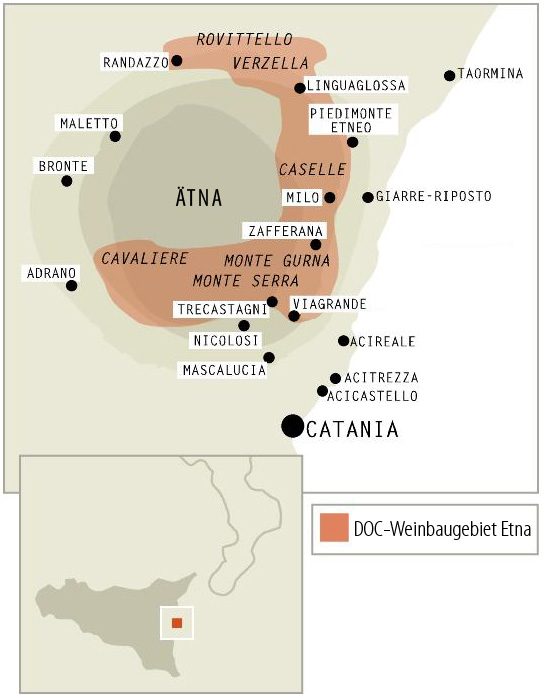
Black Grapes |
White Grapes |
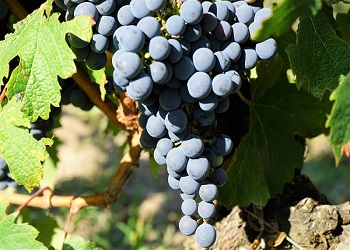
35% Cataratto |
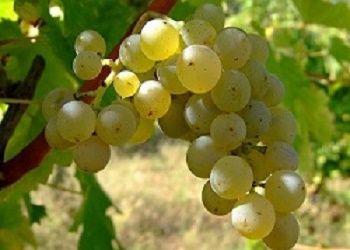
13% Chardonnay |
Red Wines |
White Wines |
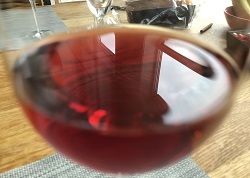
Cerasuolo |
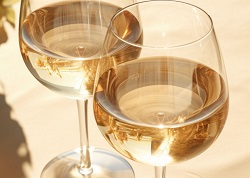
Carricante |
Rosè Wines |
Dessert Wines |
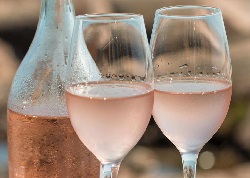
|

|
Soil

Volcanic mountains, volcanic hills and dark volcanic soil is covering most of Sicily, but is most significant around the Volcano Mount Etna.
Climate
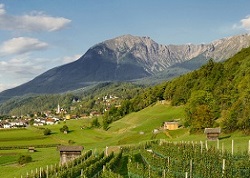
Sicily is excellent for high-quality winemaking. With Mediterranean influences as well as lots of sunshine, the overall climate is warm and dry.
But, the island has mountains, and the benefit of altitude helps to moderate heat, preserve acidity, and even out ripening.
Winds from the oceans protect grapes from frost and mildew, and the harvest is one of the longest in Italy (90 days).
Sicilia has 1 DOCG and 23 DOC regions:
Cerasuolo di Vittoria DOCG
Alcamo DOC
Contea di Sclafani
Contessa Entellina DOC
Delia Nivolelli DOC
Eloro DOC
Erice DOC
Etna DOC
Faro DOC
Malvasia delle Lipari DOC
Mamertino di Milazzo
Marsala DOC
Menfi DOC
Monreale DOC
Noto DOC
Pantelleria DOC
Riesi DOC
Salaparuta DOC
Sambuca di Sicilia DOC
Santa Margherita di Belice DOC
Sciacca DOC
Sicilia DOC
Siracusa DOC
Vittoria DOC
Alcohol can be addictive. Always drink in moderation.
© Copyright 2015-2025 W3 Wine School. All Rights Reserved.
